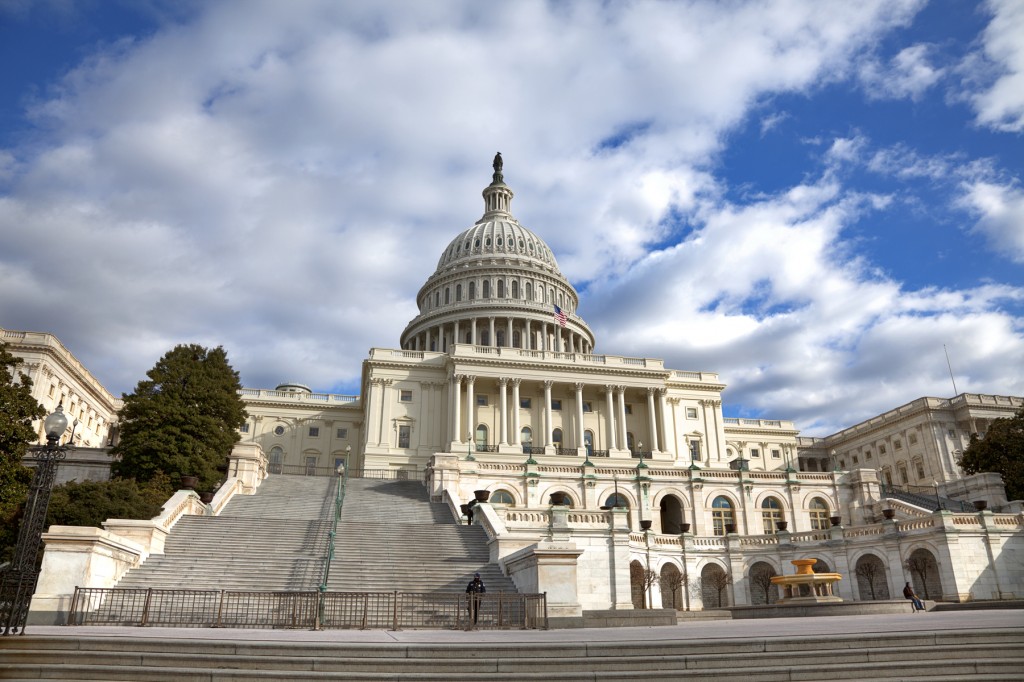
In recent posts, we have discussed key provisions of the Affordable Care Act (ACA), a.k.a. Obamacare, as they concern the American population in general and people on Medicare in particular.
This time, let us spell out in plain English a few examples of government regulation evident in the Affordable Care Act and what they may mean to Americans and particularly people on Medicare.

- Most Americans will be required by law to have health insurance by the start of 2014. While many people are in support of this ACA requirement, it is certainly one of the most divisive issues in the country. People who refuse to be insured—or who have insurance that does not meet government requirements—will be liable for penalties. This requirement should not significantly affect the vast majority of Medicare recipients, who will simply continue with their current coverage.
- Companies with over 50 employees will be required to make health insurance available to their workers by 2015 (recently changed from Jan. 1 of 2014). Many employers claim this requirement will put their companies in distress and cause firing or layoffs. Workers 65 and over will have decisions to make concerning their healthcare, but whether they choose to participate in employer plans or not, in nearly all cases they will benefit from prompt enrollment in Medicare and Medicare supplement insurance when first eligible.
- The ACA will give government the power to penalize companies, hospital, and doctors as well as people who choose to remain uninsured. This is a scary prospect to some critics of Obamacare, and even to some supporters. Those who are deemed uncompliant may be penalized. Doctors or institutions that readmit patients for reasons government authorities deem unnecessary may be penalized. Whether these provisions of the ACA directly affect them or not, some older Americans—depending on government Medicare administration—fear a government that has so much power to decide what is in their best interests.
- Government will have authority to place limits on care available to patients. Certain new limits may be placed on Medicaid services, which may affect dual-eligible Medicare recipients who also qualify for Medicaid. Government may limit choices available to both patients and doctors. Government will have the authority to determine whether a health plan such as a Medicare Advantage HMO meets its requirements.
The degree to which government will be involved in making healthcare choices for Americans is a major cause of concern about the Affordable Care Act. While some people oppose the very idea of government involvement in healthcare, others are more concerned about the possibility of government incompetence or partisanship causing a decline in the level of healthcare most Americans enjoy now. But, then again, many Americans felt the same way when Medicare was introduced nearly 50 years ago.
Do you have any concerns about the ACA? If so, share them in a comment below!
© 2013 MedicareMall.com
